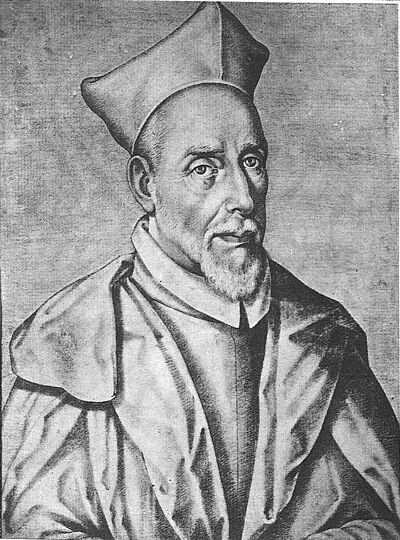Music History should never be a boring class! For example:
Massimo Troiano
- Italian Renaissance composer
- worked in the Bavarian Court in Munich (for Lassus)
- disappeared in 1570 after being accused of murdering one of his colleagues
Guerrero and the Plague
Here’s another post from 2019: Guerrero is known as one of the giants of renaissance polyphony, but he also was a plague victim. Before that he was held for ransom by pirates, spent time in prison, and wrote a book about his adventures, among other things.
John Dowland
Oh Dowland…
- couldn’t get a court post in England
- traveled through Germany insulting the court lutenists
- penned multiple “get off my lawn” diatribes
- also happened to compose, occasionally
Come hear our program on Friday!
Francisco Guerrero
Sure, Guerrero was a fantastic composer, but did you also know that he…
- was held for ransom by pirates
- spent time in debtors prison
- wrote a book about his adventures
- and died of the plague
Composers in Prison
When Bach tried to resign from his job in Weimar after being passed over for promotion, the duke became so angry that he threw Bach in prison for a month. Curious about other composers who spent time in jail?
Alessandro Stradella
Life goals of Alessandro Stradella:
- embezzle money from church
- have affair with a student (who is also your employer’s mistress)
- become an excellent Baroque composer, so good that Handel plagiarizes your work
- be stabbed to death
When good composers do bad things...
How should we handle composers whose actions crossed moral/ethical lines?
Gesualdo murdered his wife, Gombert was a child molester, … the list goes on and on.
In my opinion, if the music is good, present it. BUT address these issues in spoken/written notes so the performances aren’t tacit approval of behavior.
Who murdered Leclair?
An unsolved mystery for Early Music Monday - who murdered Jean-Marie Leclair? Was it the ex-wife or his nephew?
Thomas Weelkes
“He literally peed on his boss and showed up to work drunk all the time and he never lost his job. How good do you have to be as an organist/composer to behave like that?!”



